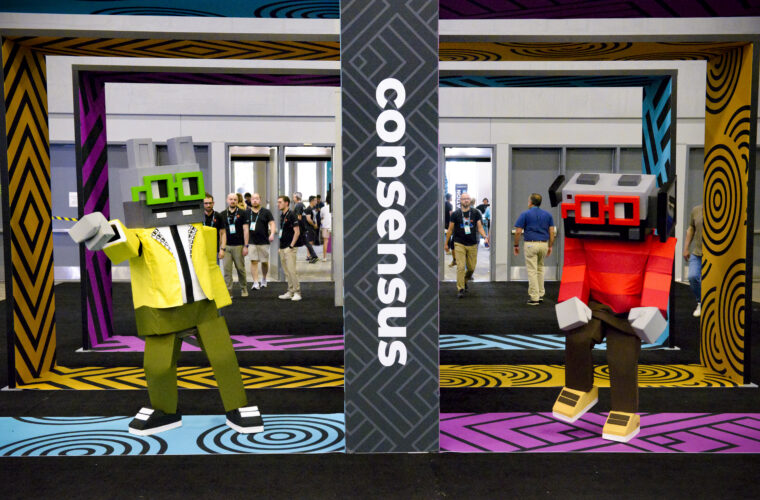Every new idea needs proper funding. Raising capital for a business venture can prove to be a major obstacle for all entrepreneurs. While bank loans and pitching to traditional investors is still very much an option, it takes a lot of time, effort, and paperwork.
The development of technology in the 21st century has enabled a rise of a new type of financing called crowdfunding. Through online platforms, crowdfunding allows soliciting support from the local or even global crowd. Individuals collectively invest in an idea to make it a reality. Small businesses can take advantage of this financial boost to get early-stage support and eventually grown into an empire.
There are typically three types of crowdfunding:
• Reward crowdfunding: funds are raised by reaching out to supporters who receive a small gift or product sample if they pledge a certain amount of money.
• Debt crowdfunding: get a loan and pay it within a specific time frame. This is rather similar to a bank loan, just faster.
• Equity crowdfunding: give a portion of company ownership to the people who provide the necessary funds.
Best crowdfunding platforms in 2020
There are several excellent platforms depending on the cause for gathering funds. These are:
• Kickstarter: best overall
• Indiegogo: second best overall
• Causes: best for non-profits
• Patreon: best for creators
• GoFundMe: best for personal fundraising
• CircleUp: best for equity crowdfunding
• LendingClub: best for business loans
Kickstarter
Kickstarter is one of the biggest and best platforms when it comes to crowdfunding. They are known for helping tech, and creative entrepreneurs fund their projects. Since 2009, the company has raised over $5 billion, with more than 180,000 projects financed. The major part of their success is that every campaign has to be inspected, verified, and approved by Kickstarter first. It is an all or nothing platform, so funds are only paid upon completing the set goals. But this also means that funder’s credit card won’t be charged unless you meet the campaign goals. The fee is 5% on top of processing payment charges per transaction.
Indiegogo
Indiegogo allows people to choose between two options: fixed and flexible funding. Fixed is best used for projects that need a certain amount of money, while flexible is good for campaigns that will benefit from any amount of funds. With fixed funding, all funds are returned to donors if the campaign goal isn’t met. Flexible funding means you will get the funds regardless if you meet the campaign goals or not. The processing fee is 3% and 30 cents per transaction.
Causes
Causes is by far the best and biggest platform focused on gathering funds for social, political, and cultural issues. It is a social network for people who want to make a difference faster and more effectively. It is free of charge for users, as it runs on ads. In addition to collecting funds for a nonprofit cause, individuals can also raise social awareness and point to a specific problem in a country or community. While the platform is not exclusively for nonprofits, it helps you connect easier with likeminded people.
Patreon
Patreon is very popular among YouTubers, podcasters, and bloggers. It allows for a subscription model where patrons regularly contribute a set amount of money every month or per creation. It allows creators to form a strong relationship with fans and deliver exclusive content to their Patreon subscribers. It has a 2.9% fee and 35 cents from each pledge.
GoFundMe
GoFundMe is best for personal fundraising, but also for emergencies and charitable causes. Individuals keep everything they raise, and the platform collects 2.9% processing fee and 30 cents for every donation. However, people based in the US do not pay any fees.
CircleUp
CircleUp is one of the best platforms for entrepreneurs looking to scale up, as opposed to developing their ideas from scratch. You need revenue of at least $1 million to be listed on the site, so the selection process is competitive. It is best used for building a consumer brand and giving the donors a share of your company in return for funds. Most of the people using this platform are accredited investors.
LendingClub
LendingClub provides individuals with a personal loan up to $40,000 and a small business loan up to $500,000. The terms are usually 3 to 5 years, and the interest rate depends on your credit score. In order to register and be approved on the platform, individuals must be at least one year in business, must have $50,000 in annual sales, ownership of at least 20% of business, and no recent bankruptcies.



